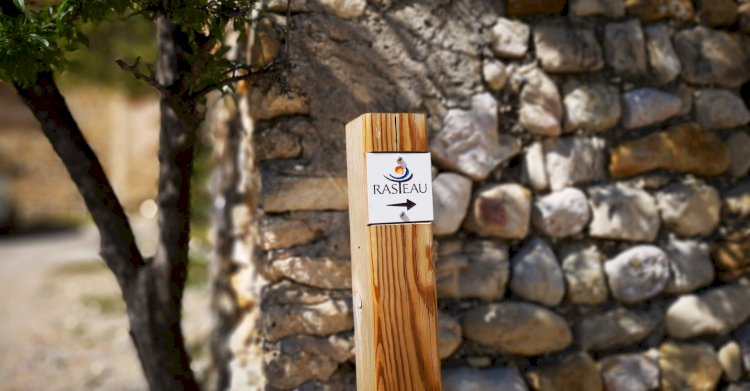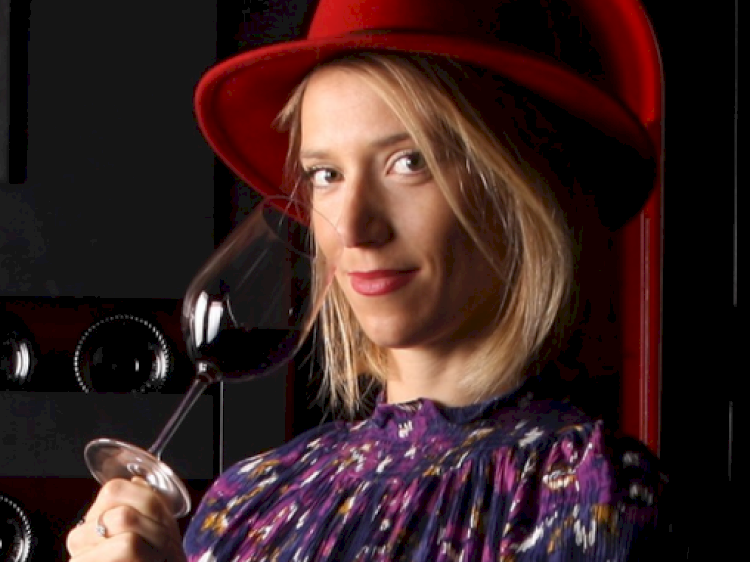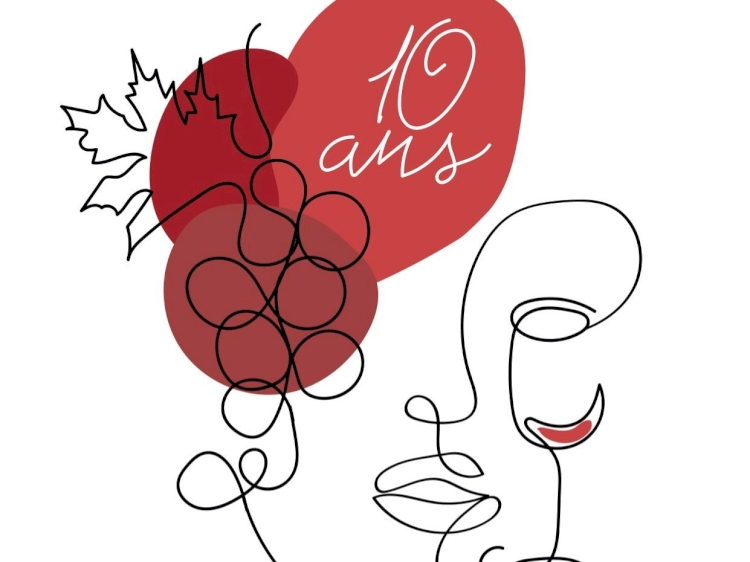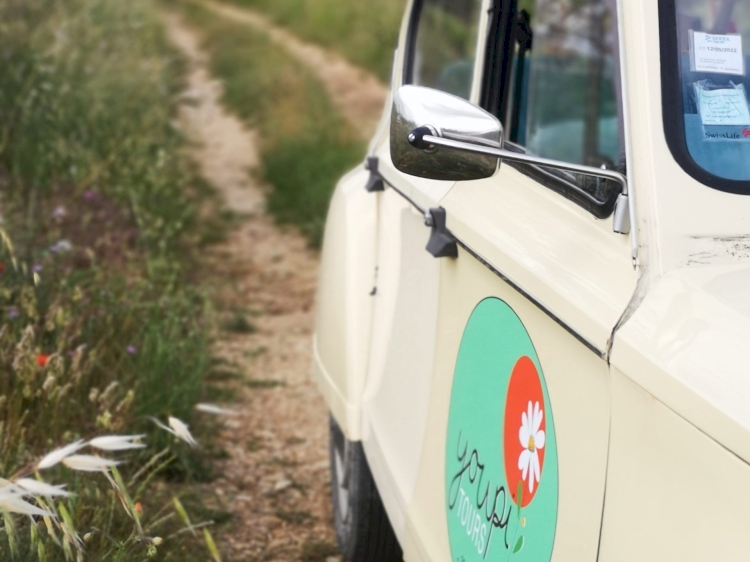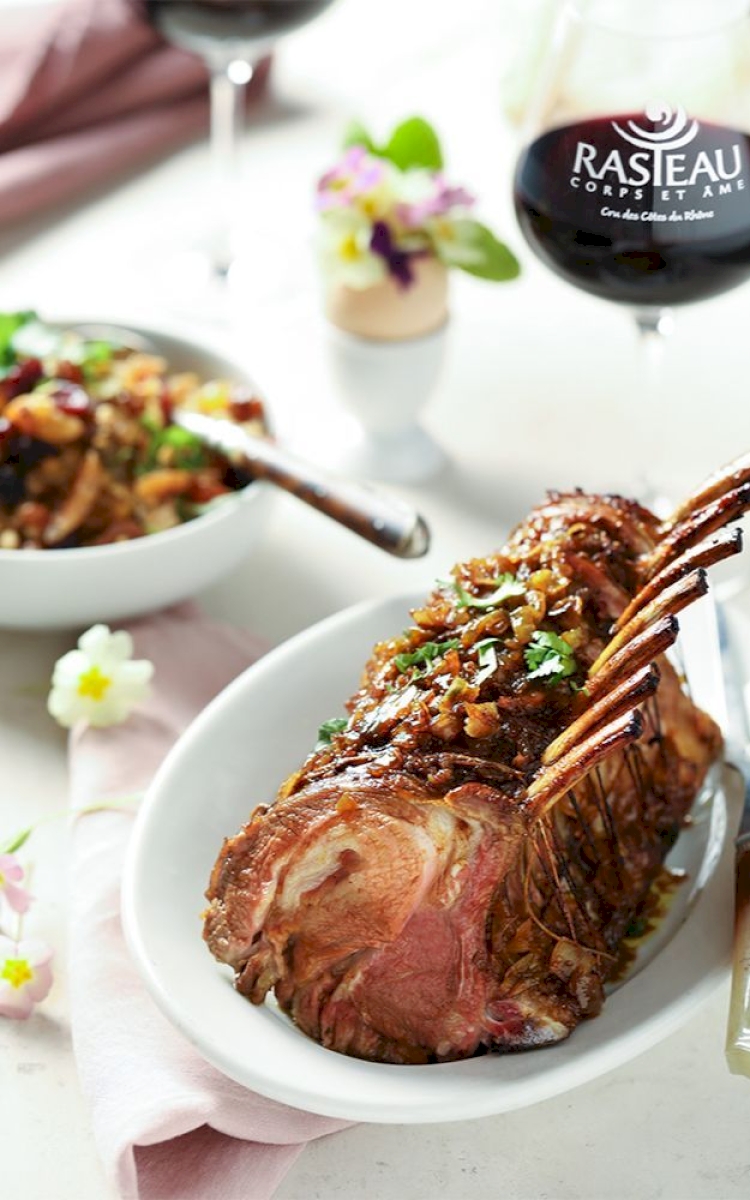
Rasteau, le Cru “Corps & âme”
Né de la persévérance, du partage d'un savoir-faire de ses vignerons et de la générosité de son terroir. Intensément riche et coloré ce terroir est niché au flanc de la colline de Rasteau dont l'expression fait naître les vins du Cru.
L’ADN de Rasteau Un Cru de la Vallée du Rhône méridionale
Dans le respect du cahier des charges de l’Appellation d’Origine Contrôlée (AOC), les vins de Rasteau se déclinent en vins rouges secs ainsi qu’en vins doux naturels (rouge, rosé et blanc). Une particularité qui a contribué à établir la notoriété de cette appellation depuis ses origines…
L’art de vivre et le partage ne sont pas des principes nouveaux à Rasteau. Les vins sont à l’image de ses vignerons : intenses et sincères, ils se donnent sans compter pour mieux rappeler l’essence des choses. Rasteau, c’est un cru charnel à l’esprit généreux. Un vin profond dont le terroir aux argiles bleues conjugue richesse et finesse. Un vin vrai, entier, qui réconcilie la force de l’être et de l’esprit. Le vin Corps et Âme.
Chiffres clés
Appellation Rasteau

Date de reconnaissance
en AOC Rasteau
Rouge
100%
Surface de production (en moyenne)
935 HA
Production totale (en moyenne)
30 000 HLVINS DOUX NATURELS RASTEAU

Date de reconnaissance
AOC Vins Doux Naturels Rasteau
Rouge 42%
Rosé 44%
Blanc 14%

Surface de production (en moyenne)
10 HA
Production totale (en moyenne)
255 HLUn collectif dynamiqueValeurs & engagements
Authenticité, partage, engagement et solidarité sont des valeurs chères à l'appellation. "Corps & Âme" est synonyme de passion, d'exigence, de générosité et de don sans artifice. C'est celui de l'engagement des vigneronnes et vignerons pour leur vignoble, leur communauté et leur vision de l'Homme.
Un collectif qui représente bien le dynamisme de l'appellation et l'arrivée d'une nouvelle génération qui ne cache pas ses ambitions.
Découvrez le sentier viticole panoramique de Rasteau
Ce parcours est une invitation à la découverte du patrimoine exceptionnel et du vignoble de Rasteau. Un paysage somptueux que l’on peut admirer à son rythme au fil du sentier viticole et panoramique mis en place par l’appellation (1 heure à 1 heure 30 de marche, en fonction de la variante choisie). Laissez-vous guider et surprendre face à tant de beauté. Terroir, cépages, Crus de Rasteau… n’auront plu n’auront plus de secret pour vous ! Des bases que le visiteur pourra approfondir dans les caves.
En savoir plus